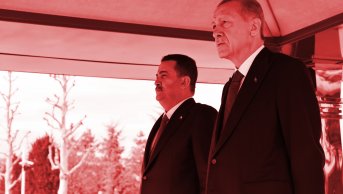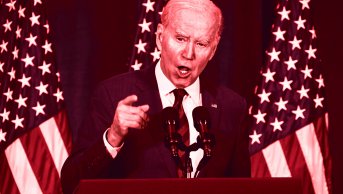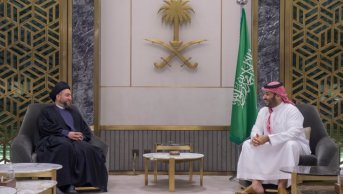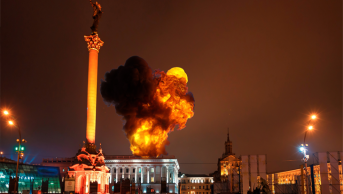Brunson And Bazoft Case: Similarity Of Western Methods In Terms Of The Pressure Imposed On States
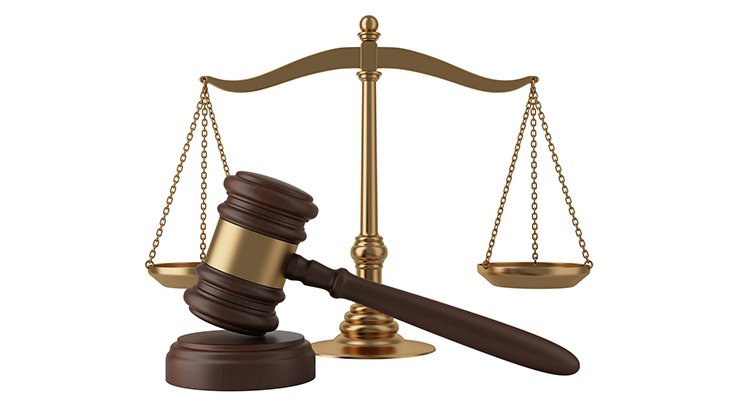
The United States of America strengthened its attitude against Turkey due to the case of US priest (Andrew Craig Brunson) in prison for joining terrorist activities on 26 July. President Donald Trump and Vice-President Mike Pence called Turkish government to release Brunson and threatened to impose sanctions on Turkey if Brunson was not released. Turkish government found the threatening tone of the USA unacceptable. The USA should keep in mind that Turkey is one of its NATO allies and remember the allegations in the case of the priest taken under custody by Turkish judiciary. In the case heard in Izmir, it was demanded that the priest be imprisoned for 35 years for espionage, leakage of confidential political and military information and documents, cooperation with Fethullah Gulen Community as well as his links with PKK and participation in the failed coup attempt on 15 July 2016.
It is generally normal for the United States of America and the West to put such topics in the agenda constantly in order to keep a country under pressure and expose the target country to the international public opinion. The threats of the US administration targeting Turkey harmed the Brunson case instead of contributing to the solution. These threats transformed the Brunson case into a public issue inside and outside Turkey, made this subject more complicated and increased its delicacy instead of allowing the case to continue without pressure and intervention or propaganda, by complying with the procedure of Turkish judiciary and causing no problem.
This reminds us of what happened in the case of Iranian journalist Farzad Bazoft accused of espionage for the UK and Israel and arrested in Iraq in September 1989. Following the arrest of the journalist, British government publicly uttered threats and launched media attacks targeting Iraqi government at that time instead of following the widespread diplomatic methods. The campaigns were led then by British Prime Minister Margaret Thatcher. This case started political and economic pressure the USA and the West decided to impose on Iraq after Iraq gained victory with all its military power in August 1988 in Iraq-Iran war. After the execution of Bazoft in March 1990, the UK, the USA and the West in general imposed a series of economic sanctions and initiated political boycotts against Iraq.
There are tape records and documents caught by the USA forces after the 2003 Iraqi invasion and published at the National Defense University (NDU) in Washington in 2011, showing that Iraqi President blamed Thatcher government for organizing international campaigns against his own regime and mentioning about the Bazoft case. Saddam Hussein alleged that the situation they were in could have had a different course if the UK had chosen a conciliatory tone since the beginning, rather than uttering threats. President Saddam Hussein said: “You missed the chance of intervention of Iraqi President and making use of his power when he wanted” in the tape records of the speech he made to a British representative in the same room. Among these tape records is also the phone conversation of Tariq Aziz, Iraqi Information Minister of that time, with someone from Iraqi Foreign Ministry, showing that the British Ambassador was instructed to notify that “his government had lost its chance of amnesty” and it was said that President Saddam Hussein would grant amnesty to Bazoft if Douglas Hurd, possible Foreign Minister of the time, visited Iraq within a common framework and discussed the situation of the British prisoner with Iraqi government.
These documents and tape records have shown us that the British government focused its efforts on creating an international public opinion against Iraqi government rather than releasing Bazoft.

